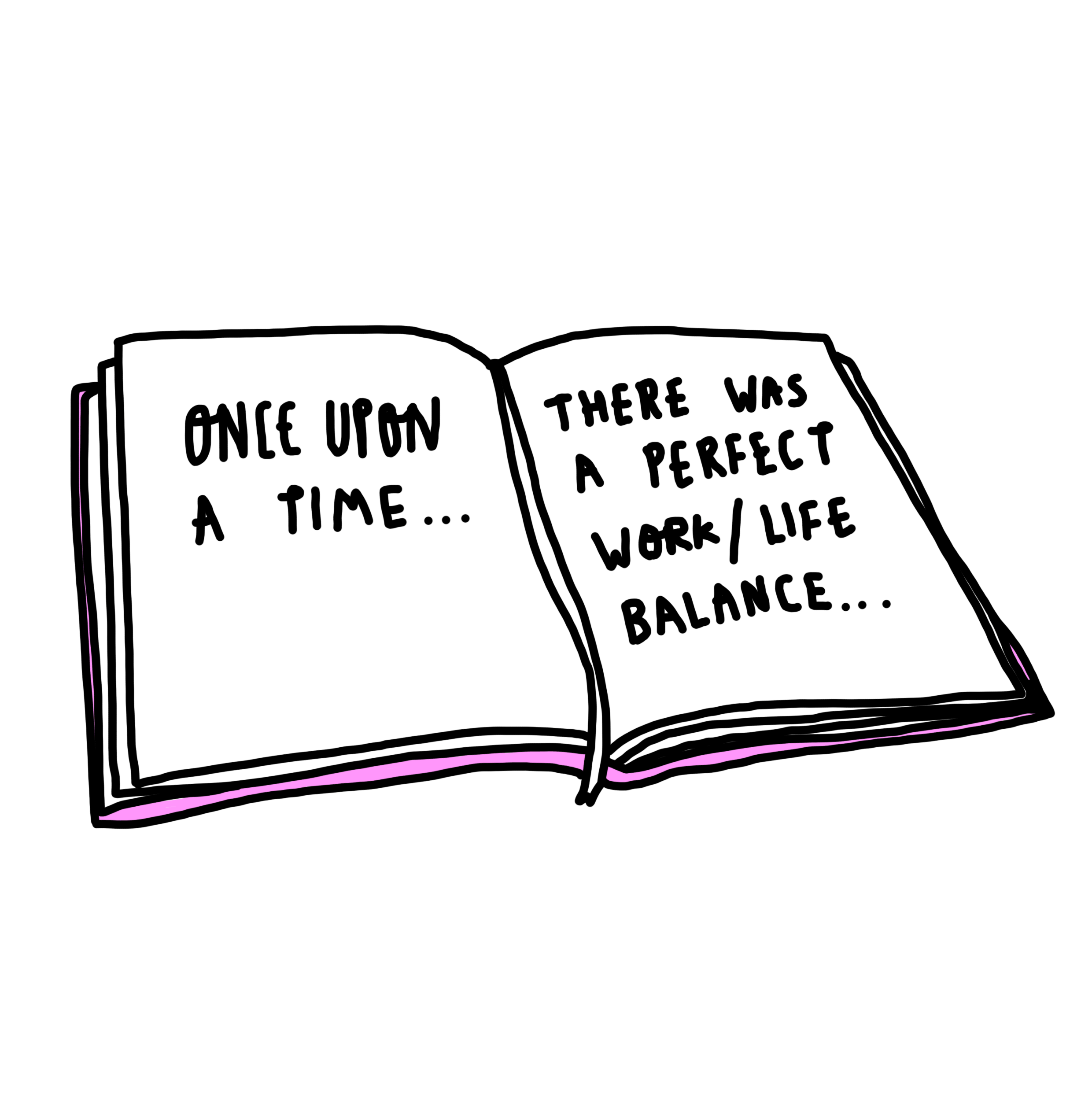Gabberissue #11: Responsibility
Words by Siobhan Fitzgerald. GIF by Jesse Birthisel.
Back in the day, responsible advertising meant not selling cigarettes to kids—or at least not to kids who were under 8 or suffering from rickets or whatever was going around back then. In 2019, our standards are higher.
What used to be an industry driven purely by commerce now places value on social and environmental responsibility.
Not that commerce doesn't come into it: as consumers change their spending habits and priorities, our clients are taking notice. So advertisers these days are seeking opportunities to turn green to gold, filling the pockets of our clients with the proceeds, and winning industry awards in the process.
Like D&AD Impact, many industry awards shows are encouraging work for good.
There’s no getting away from the fact that advertising has played a large part in encouraging consumerism and contributing to plastic waste and global warming.
But along with the rest of the world the ad industry is waking up and missing the sound of rain on the roof. Creative advertising over the last decade has shown that agencies are eager to use their powers for good. But is it enough to make countries from trash heaps and tell women their blood is normal while continuing to sell bottled water and individually wrapped pads?
Blood Normal for Bodyform. A positive social message, but what are the environmental impacts of their products?
Advertisers work at the coalface of our capitalist society, and the contributions to this issue of Gabberish show a heightened sense of responsibility to that society.
In a call to arms to all creatives, National AWARD Co-Chair and Creative Director Karen Ferry challenges us all to seek out our purpose. Team Talkers Effie Kacopieros and Christian Tough of Yes Agency talk responsibly about responsibilities, Ogilvy Melbourne creatives Huei Yin Wong and Jack Railton-Woodcock feel the weight of theirs, and Suraiya Lorenz, also of Ogilvy Melbourne, urges us to choose responsibility over blame in the workplace.
It’s important to have lofty aspirations. But on a daily basis most agencies are still selling things that are contributing to waste issues and global warming.
If you are feeling the need to self-justify (shout out to whoever did Clive Palmer’s advertising), this issue contains a Moral Responsibility Offset Scheme by Fee Millist and Becca Duggan of DDB Sydney. Sold a billion bottles of beer? Simply make a sculpture out of ocean plastic and you're even.
Corona’s ‘Trash wall’ at Ipanema Beach, Brazil.
It's true that stunts drawing attention to our plastic problem have done a great job of raising awareness. But now it's time for action. The responsibilities we have to our clients and to the environment needn’t be at odds with each other.
Seamus Higgins was the ECD behind The Palau Pledge and he is this issue’s Gift of the Gabberer. Now VP and Chief Creative Officer at RGA APAC, he talked to us on the eve of judging D&AD Creativity for Good, suggesting that we need to partner with our clients to close the gap between environmental and financial sustainability.
There is huge opportunity in eco-friendly products for mainstream consumers.
Take the sneakers made from mushrooms represented in our title GIF by Jesse Birthisel; or those made of recycled ocean plastic. Detergent bottles, too, are being made from recycled ocean plastic; cars are turning hybrid on their journey to electric, and steaks are being 3D printed out of plant products. Greenwashing is so last decade—today brands need to walk the walk.
Illustration by Struthless, concept by Eric Franken and Marijke Spain.
But if brands and agencies are working hard to take their environmental and social responsibilities seriously, who is responsible for the wellbeing of those workers? Andy Wright is the founder of Never Not Creative, who together with Everymind and Unltd conducted a research report into the mental health of creatives. The results were damning, and in this issue he looks at the culture behind the industry's mental health issues.
Because you can't separate work from life. If you’re working regular late nights in a cutthroat environment, trying to appease clients and shareholders, the environment and society, how do you have time to fulfill your responsibilities to yourself or to your family?
This issue of Gabberish is out late, because your editors were dealing with illness and small children and pitches and pregnancy. And when you're trying to balance all your responsibilities, sometimes, something's gotta give.










